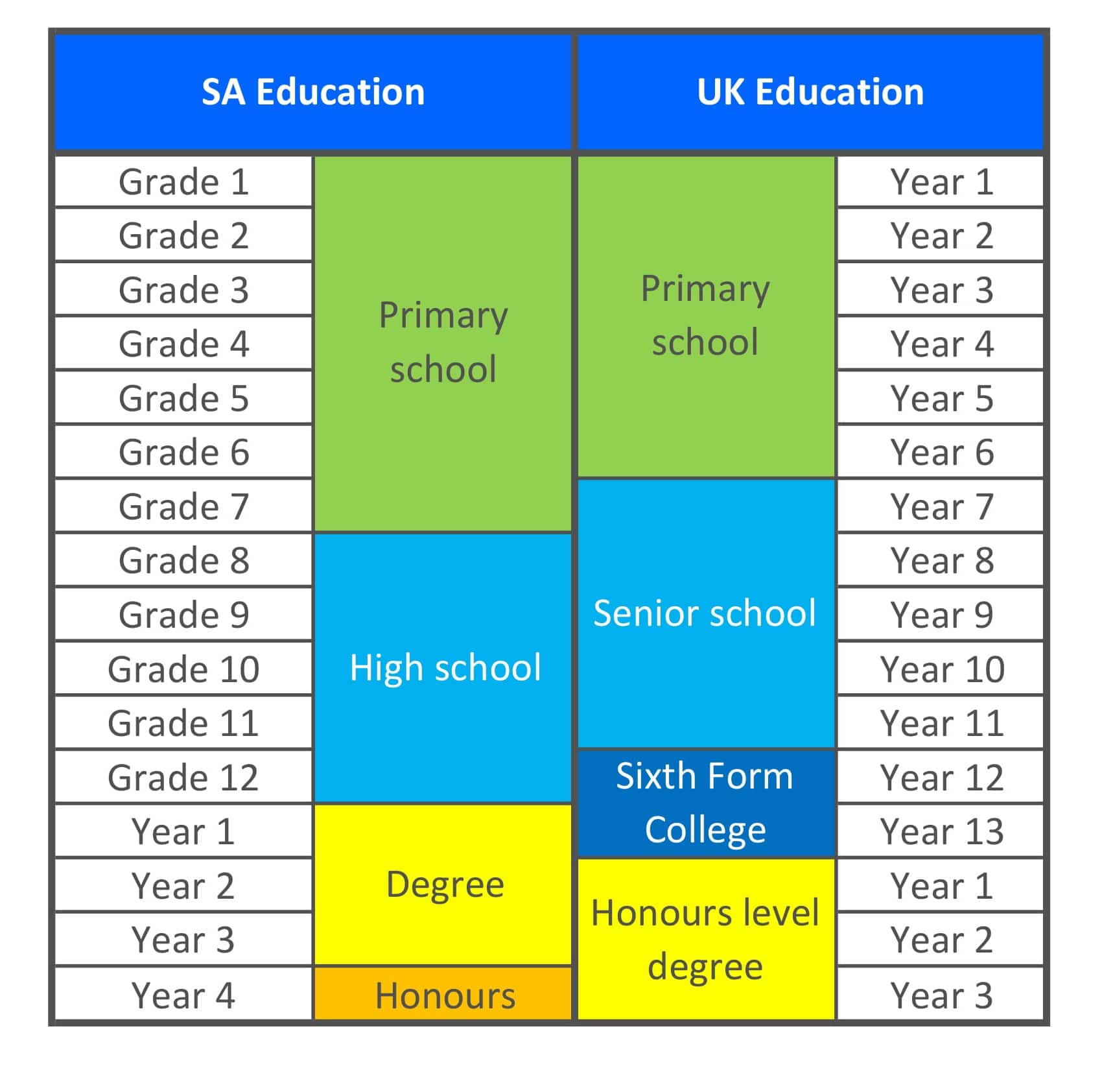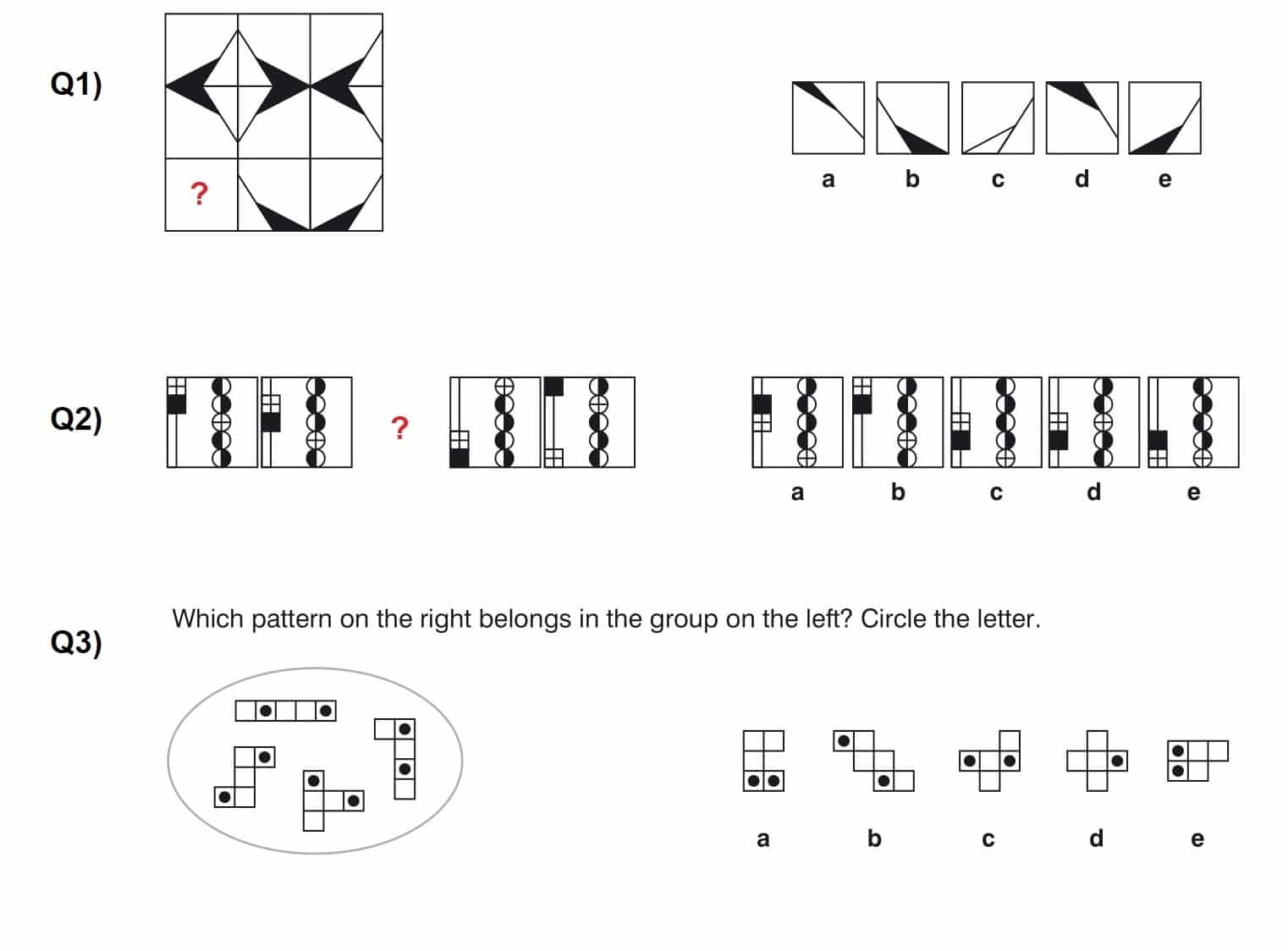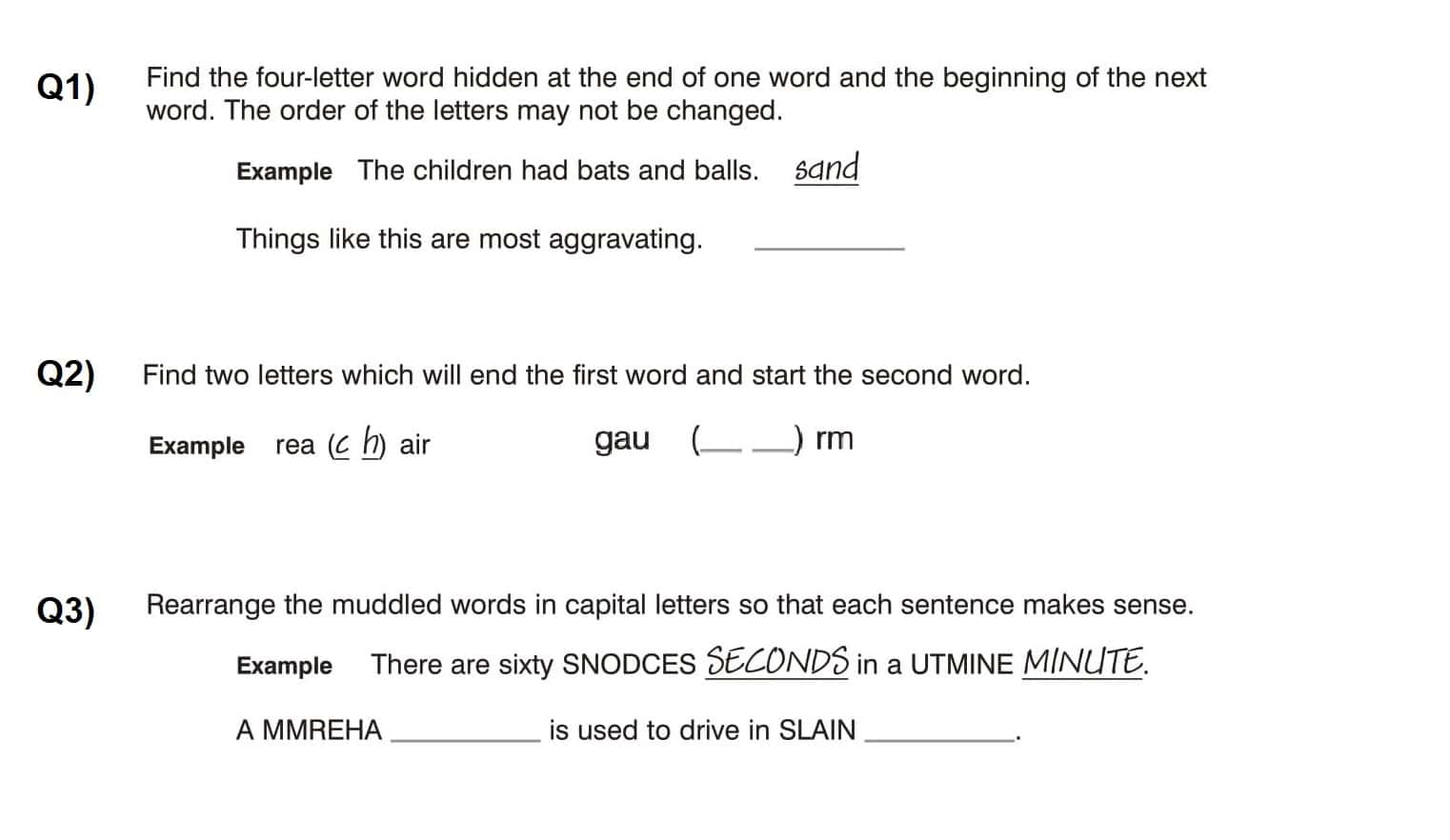Introduction
This article was written to provide clarity for parents and educators who have children that are emigrating to the UK, particularly from South African IEB and CAPS schools.
Genius Premium Tuition
We’ve been supporting students who are transitioning to schools all over the world since 1993, many of those students going over to independent and state schools in the UK.
In that time, we have taught over 280 thousand lessons in the IEB, CAPS, Cambridge, and UK national curricula.
We hope to give you an overview of the educational landscape in the UK, as well as a sense of the challenges you will face as a parent when relocating your children to a school in the UK.
School Types
In South Africa, we have:
- Public schools (also known as government schools)
- Model C Schools
- Private Schools
For more information on these categories, click here.
In the UK, they have:
- State schools (comparable to our government schools)
- Private or Independent Schools (comparable to our private schools)
A small group of these private schools are called public schools (or HMC schools). The term ‘public school’ has an entirely different meaning in the UK education system. Public schools are perceived as the most exclusive and prestigious private schools in the UK, as well-known examples include Eton College, Harrow School and Wellington College. Most public schools are highly selective.
For more information on these (and other) categories, click here.
Overview of the schooling structure in the UK
This table gives you a rough idea of what the years represent in the UK and how they are broken down:

How does this compare to South Africa? Here is a useful chart that shows how we like to think about the equivalence:

You can see here that an IEB or CAPS matric is equivalent to half of a full A-level (AS Level – Advanced Subsidiary). Indeed, a full GCSE exam in most subjects is a bit easier than an IEB matric exam, and a full A-Level exam is harder.
What year will my child go into?
Schools in the United Kingdom (both state and independent) are very particular about what ‘Year’ your child will be going into.
Unlike in South Africa, this is almost purely determined by their age, irrespective of their level or abilities.
The UK school year starts in September and ends in July (which is very different from our January-November school year).
To figure out what year your child will be going into in a particular calendar year, you need to know how old they will be by the 1st of September (the start of school) that year. You can then subtract 4 from their age to get the year that they will be going into in September of the same calendar year.
For example, if Suzanne turned 11 in May of 2021, she will be 11 years old on the 1st of September, 2021. 11 minus 4 is 7, and hence she will be going into year 7 in September of 2021.
Because of the typical South African age-grade relationship, students born between the 1st of January and the 31st of August are at a strong disadvantage (as they will likely be moving from, for example, the middle of Grade 5 to the beginning of Year 7).
If a student has been held back a Grade in South Africa, the situation is even worse and can result in skipping as many as two and a half years; for example, moving from the middle of Grade 4 to the beginning of Year 7.
Understanding School Boards
Not all GCSEs are created equal.
Just like how you can take an IEB or NSC Matric, there are different boards that set GCSEs and A-Level exams, and schools will choose which tests to write.
The three major Exam boards are AQA, Edexcel, and OCR:
AQA: Assessment and Qualifications Alliance. This is the largest exam board: between 40 and 50% of all GCSE and A-Level exams written in the UK are AQA exams.
OCR: Oxford Cambridge and RSA (Royal Society of Arts). This is known for more rigid and knowledge-based questions.
Edexcel: Educational Excellence, sometimes called Pearson.
This is further complicated by the fact that schools don’t have to take all of their subjects with the same board. This is a bit like if your school chose to take IEB Mathematics and Physical Science, but NSC Life Science and English.
Cambridge
How do Cambridge schools in South Africa fit into all of this?
CAIE: Cambridge Assessment International Education, formerly CIE: Cambridge International Examinations.
It is useful to think of this as just another school board, like AQA or Edexcel. This has been deployed around the world for use in schools and study centres.
In South Africa, this is commonly referred to as “Cambridge” or the “Cambridge Curriculum”. Some schools will offer a Cambridge-only high school, and others will offer the IEB up to matric, with the option of taking IGCSEs/ AS/ A-Levels instead or in conjunction.
Dealing with the difference
When moving your kids from a school here in SA to a school in the UK, you are likely to encounter significant gaps in knowledge and understanding caused by:
- the transition to a year that is well above your grade level in South Africa.
- the difference between outcomes in the CAPS/ IEB and the UK national curriculum.
So, what to do?
Your child will need to write mock exams from the correct school boards for your target school. These should sample all of the skills their peers would have learned in the subject.
It’s not enough just to create skills comparisons across the syllabi because the students won’t remember everything they were exposed to, and even if they do, they might not be able to express and apply the knowledge in this new and very different assessment framework.
Armed with an understanding of how serious (or minor, hopefully) the gaps are, you need to decide when you are moving your student. It is always ideal to have them start the school year in September with their peers (instead of mid-way, for example, in January).
Similarly, it is almost always ideal to get them in the system sooner rather than later (the gaps tend to increase as the years go on, and the more school years they have in the UK, the better their A-Levels will be). However, you might want to delay in order to afford yourself more time to fill in the gaps.
You then need to decide whether or not to fill in these gaps while the student is attending their school (in the form of a structured programme in the afternoons) or to take them out of their school in the months leading up to the move and set up a structured learning programme to fill in the gaps.
There are so many good reasons for a child to continue to attend a brick-and-mortar school, and if you tackle this problem far enough in advance, this can be done and is highly preferable.
Nevertheless, there are certain cases where it is a good idea to move to a structured home programme (provided it is well organised and executed). For example, if the gaps are enormous, the move soon, and many of the subjects being done in their SA school irrelevant, it might be a good idea to move to a structured home programme.
In summary, you need to:
- Identify the extent of the gaps.
- Decide when to move.
- Decide how to prepare the student.
That’s where we come in. We assess the full extent of the gaps across all relevant subjects in our assessment process. We also provide guidance and advice to parents on when to move, and what kind of programme will work most effectively.
We then fill in those gaps systematically through premium, one on one tuition with our UK National Curriculum trained in-house team of tutors. This can be done online or in person.
Click here to find out more about our Syllabus Transition and Relocation Tuition service and see what our parents have to say.
Entrance Tests
Public schools, many independent schools, and some state schools require that a student take entrance tests in order to be admitted into the school.
Some schools have their own internal entrance examination set, and these tend to mirror the ISEB’s framework. However, many will rely on external examinations to administer these entrance tests.
To give you a sense of the landscape, we will give you three examples of entrance tests to give you a sense of the territory, but this is by no means an exhaustive list:
UKiset
Pronounced “you-key-set”, the UKiset is specifically designed for entrance into independent schools in the UK.
You can write them here in South Africa at the British Council, and the result will be added to your portfolio when applying to schools in the UK. Schools (especially selective ones) will often want to have some data when you apply, so this is a valuable tool.
It covers Verbal Reasoning, Non-Verbal Reasoning, Mathematical Reasoning, Reading, Listening and Essay Writing.
For more information on the UKiset, check out their website; to book a test, head over to the British council’s website.
Common Entrance Exams
The Common Entrance Exams are standardised tests set by the Independent Schools Examinations Board, or ISEB.
However, they are not marked by the ISEB – they are marked by the school that you have applied to as your “first choice” school. If you are not accepted, this school will then share the results with any other schools you have applied to.
Unlike the UKiset, you can only write one if you have been provisionally accepted to a school subject to these test results. They will then enter you for the test, and it can be written here in South Africa.
Not all schools have the same pass requirements; these are determined by how selective the school is.
The good news is that much of the time and energy spent preparing for these tests will directly translate to the core Mathematics and English skills for use when you move to the target school.
The 11+ can be taken for entrance into Year 7 or early entrance into Year 9 at schools that want to line up great candidates in advance; this is very common – particularly with highly selective schools. The 11+ Common Entrance exams cover Mathematics, English, Verbal and Non-Verbal Reasoning.
The 13+ is for entrance into Year 9 and covers Math, English, and any other subjects the target school deems relevant (for example, Science).
CAT4
Some independent schools, for example, St Mary’s School Cambridge, will use a CAT4 instead of the 13+ or 11+ exams.
The Cognitive Abilities Test, or CAT4, focuses more on cognitive ability and academic potential rather than retained knowledge, and this is the reason some schools prefer it as a pupil-selection mechanism.
Children from ages 6 to 17 can write it, and it contains Verbal, Non-Verbal, Quantitative and Spatial Reasoning.
Verbal and Non-Verbal Reasoning
At this point, you’re probably wondering what Verbal Reasoning and Non-Verbal Reasoning tests are. As you will have noticed, many of these entrance exams include these subtests. In most circumstances, children in South Africa are not exposed to these question types; here are a few example questions:
Non-Verbal Reasoning

Verbal Reasoning

These are some examples of Verbal and Non-Verbal reasoning test questions that have been lifted directly from an 11-year-old’s entrance test. Click here for the answers.
These are psychometric type questions, but that doesn’t mean that practice, and hence becoming familiar with the question types and format, won’t significantly increase your scores – it will.
Entrance test prep
If the target school requires entrance tests (email them to find out), your child is unlikely to perform to their potential for two main reasons:
- Their age-equivalent counterparts are likely to have done more advanced math and literacy.
- Most independent prep schools actually prepare their students for these tests as part of the curriculum – competition is high.
So, what to do?
Your child will need to write mock entrance exams that are aligned with the tests they will be taking to see how they perform and where their weak areas are.
They then need to be taught content and exam techniques in order to perform to their potential.
That’s where we come in. We assess weak areas in mock entrance examinations in our assessment process. We can also provide guidance on whether or not a UKiset (or similar) is necessary.
We then fill in those gaps systematically through premium, one on one tuition with our trained in-house team of tutors. This can be done online or in person.
See what our parents have to say.
Why Genius?
Genius has been supplementing the school system and preparing students for transitions to schools all over the world for 28 years.
We are not a just tutoring agency; our team of tutors are in-house instructors who have been through a very rigorous vetting and training programme. The tutors we use for these conversion courses are trained on the target syllabus, and we work very closely with them and your family over the duration of the course to ensure a great result.
Here are some of the things that parents have said about our programme:
- The assessment process is convenient and pain-free.
- The lessons happen at a time that suits you, even if that means mornings or weekends.
- These are one on one lessons that happen in your home or online.
- You will get a better entrance test score.
- You will, therefore, have access to a bigger pool of schools to choose from.
- Once your kid gets there, they will be on par with the rest of the class and well-positioned to excel academically.
Click here to find out more about our Syllabus Transition and Relocation Tuition service and see what our parents have to say.
You can book an assessment by heading over to our contact page, or reaching us directly on uk@geniuspremium.com, or +27 11 467 9884.
Need to get your VISA sorted?
We recommend Breytenbachs Immigration Consultants.
Breytenbachs Immigration Consultants Ltd offer expert advice and representation in relation to UK immigration law, UK visa applications, and UK visa reviews and appeals. Their highly qualified consultants have many years of experience in the field of immigration. They pride themselves on their reputation for excellence, fast results, and friendly personal service. They also offer advice and representation in all South African immigration matters.
Need insider advice and guidance on independent schools in the UK?
We recommend David Smith Education.
Having worked in leading UK independent schools, he can offer detailed advice on the many options available.



